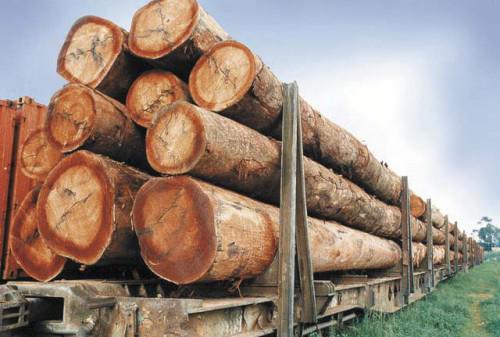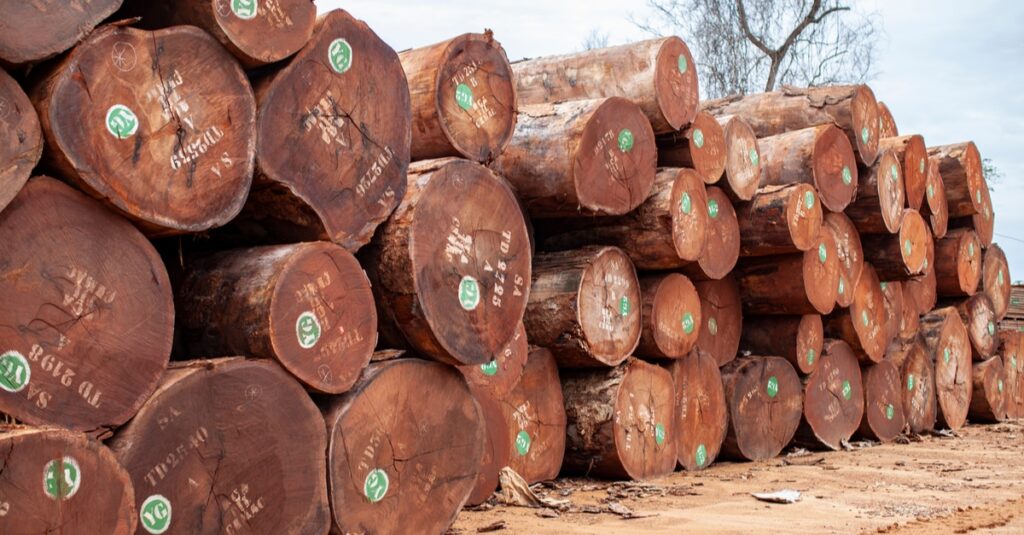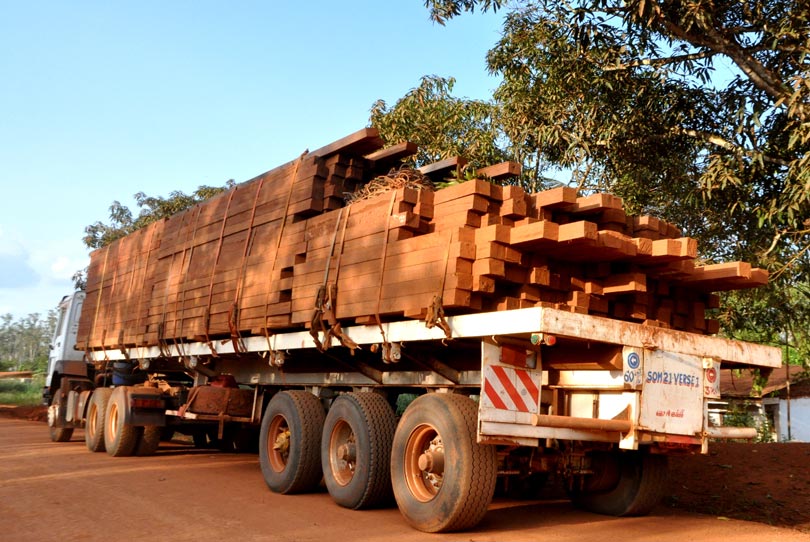By: Kekeli Blamey
Ghana’s forestry sector is facing a significant challenge from timber trafficking, resulting in an estimated annual revenue loss of over $200 million.
This illegal activity involves loggers harvesting and transporting timber without adhering to forestry regulations, thereby evading taxes, royalties, and fees.
The consequences of timber trafficking are twofold: it threatens the sustainability of the timber sector and undermines Ghana’s ability to preserve its forest ecosystems.
Dr. Seth Appiah-Kubi, National Director at A Rocha Ghana, emphasizes that illegal logging and timber smuggling are robbing the country of vital resources and undermining its economy.
Experts identify weak law enforcement, porous borders, and institutional weaknesses as persistent challenges.
Despite efforts to address these issues through the Ghana Wood Tracking Systems (GWTS), timber trafficking persists.

To tackle timber trafficking, the United States Forest Service (USFS) Anti-Timber Trafficking project is working with the Forestry Commission and civil society organizations (CSOs) like Rocha Ghana, Community Partners for Development (COMPAD Ghana), and Organisation for Indigenous Initiatives and Sustainability (ORGIIS). The project aims to promote sustainable forest management and conservation.
The forestry sector contributes significantly to Ghana’s economy, accounting for about 6% of its gross domestic product and employing over 200,000 people, with the timber industry’s contributions estimated at GH¢1.6 billion as of 2022.

Dr. Appiah-Kubi remains hopeful that collective efforts from stakeholders will resolve the situation.
The USFS Anti-Timber Trafficking project is implemented in hotspot areas across the Upper East and West Regions, led by ORGIIS Ghana, Bono Region by COMPAD Ghana, and Western North Region by
The Resource Foundation. Activities include awareness creation, radio jingles, talk shows, and training CSO partners on monitoring and reporting timber infractions.






